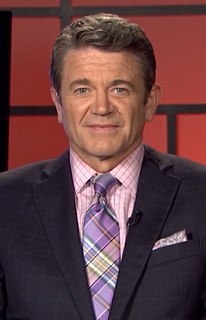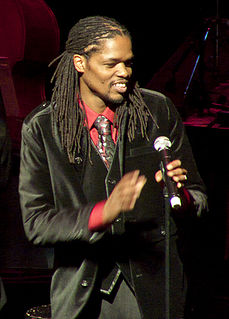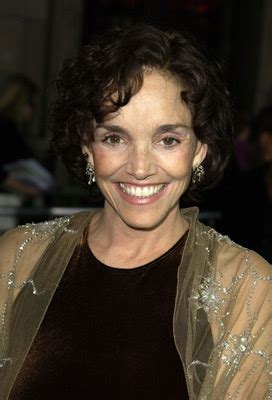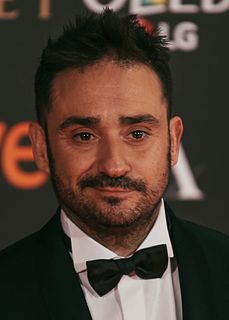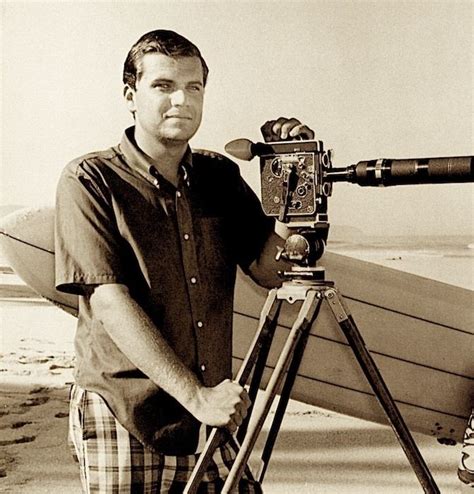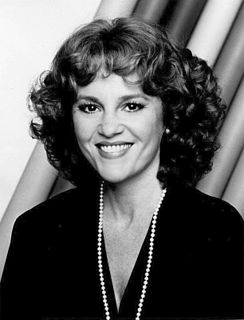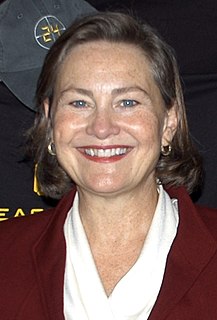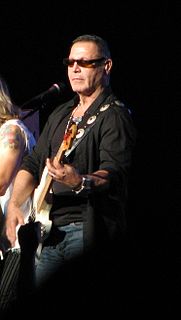A Quote by John Michael Higgins
An actor stands in front of a camera onstage, and he controls time and space for the audience. He tells them how long this will take, where to look, when to look, what to think about it. And good performers should be able to do their part with the sound off.
Related Quotes
In films, you are a commodity. You are a look, something that the camera really likes, something that has struck an audience in a certain way. It's not really so much about transforming yourself the way actors do onstage. I think there's a difference between the skill of acting in movies and onstage.
That's the one thing that's funny about going from modeling to acting. In modeling, you're supposed to think about what you look like all the time. When you're in front of the camera, if you're not considering that, God knows what the pictures will look like. With acting, you have to completely forget it.
We no longer think of chairs as technology, we just think of them as chairs. But there was a time when we hadn't worked out how many legs chairs should have, how tall they should be, and they would often "crash" when we tried to use them. Before long, computers will be as trivial and plentiful as chairs and we will cease to be aware of the things. In fact I'm sure we will look back on this last decade and wonder how we could ever have mistaken what we were doing with them for "productivity"
Every time I have people over, I watch how long they look at every part of the painting, or pictures on my computer. I have a few close friends and people that are constants. Whether I like their opinion or not, I've been hearing it for a long time and I can use it as this constant. I mentally pay attention to how long they look at every image, which ones they pause on and what parts of it they look at.
When I'm onstage and the singer sings, "I think about childhood friends and the dreams we had" and "on board I'm the captain, so climb aboard and we'll search for tomorrow forever more."My head is down because I'm trying to keep the beat. I'll turn and look at the audience and my eyes will scan the entire space. This is a transcendent moment. I can't explain it. It has a lot of meaning to me.
Actresses can get outrageously precious about the way they look. That's not what life's about. If you starve yourself to the point where your brain cells shrivel, you will never do good work. And if you're overly conscious of your arms flapping in the wind, how can you look the other actor in the eye to respond to them?
